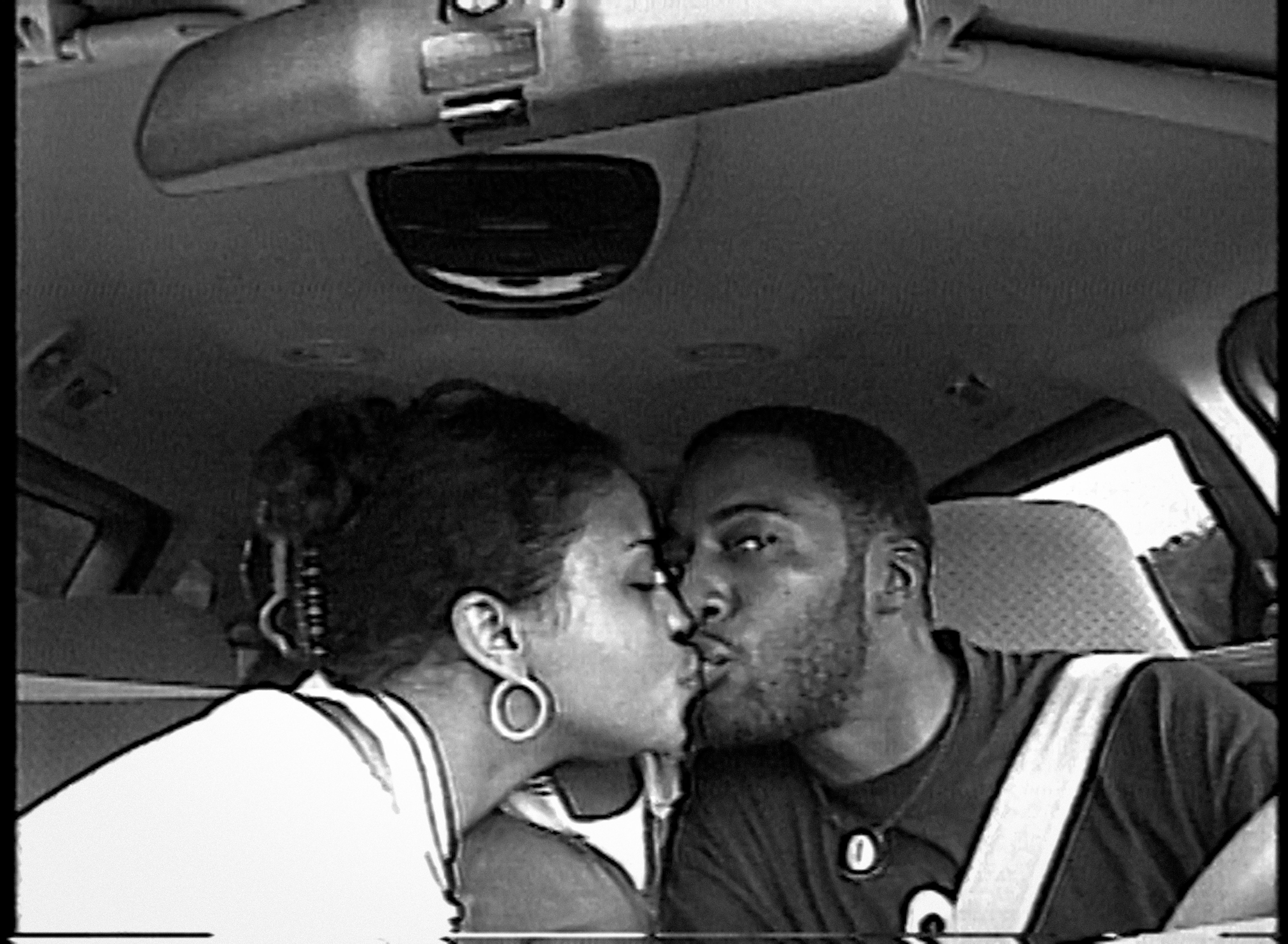Film Review: 'Time' a terrific look at the pull of loss
There is an unrushed quality to the new documentary “Time.”

There is a scene in the documentary “Time” that captures a woman on the phone trying to speak to a judge s clerk. She's put on hold. Nothing happens as the seconds tick away. One minute becomes two. The woman is still, waiting patiently. Eventually, she gets through but the call comes to nothing.
Most filmmakers would leave that tedious moment on the cutting room floor, but not director Garrett Bradley, who is making her first nonfiction feature. Her film is precisely about wasted time. “Time” is a story about loss and patience and an unjust system that demands both.
The woman on the phone is Sibil Fox Richardson and she's trying to get her husband released from prison while also raising six boys. “Time” is her story, augmented by video diary entries she made for her husband, locked up in the Louisiana State Penitentiary.
Bradley weaves these incredibly intimate videos with her own footage of Richardson and her family, always unrushed. A young son is seen sleeping or putting on socks. The slow pan out from a grandmother's face. A son simply eating. People chatting before an event. All while a lazy piano plays.
“Time” had its world premiere at the 2020 Sundance Film Festival, where Bradley was awarded best director for U.S. documentary, becoming the first Black woman to win that prize. “Time” deserves every award it gets: It is terrific filmmaking, augmented by the woman at its center, a formidable and charismatic figure.
Richardson and her husband, Robert, both spent time for the attempted armed robbery of a credit union to help keep their urban clothes store afloat. No money was stolen and the culprits were all first-time offenders. She served three years; her husband got a 60-year sentence in 1999.
This black and white film is not about guilt or innocence. It's about the cost one family has had to bear. Richardson was pregnant with twins when their father was locked up; the film captures them on the cusp of turning 18. “They have no idea what fathers even do,” she says.
The filmmakers go back and forth in time, juxtaposing images of 20 years ago with recent footage. Toddlers become men, men go back to kindergartners. There is always something missing — a husband and a father.
“Time is when you look at pictures of when your babies were small. And then you look at them and you see that they have mustaches and beards," Richardson says. "And that the biggest hope that you have was that before they turned into men, that they would have a chance to be with their father.”
The personal gets political as Richardson argues that the national prison system is just a modern form of slavery. “Listen, my story is the story of over 2 million people in the United States of America,” she says. She becomes an advocate and a dynamite public speaker. But above all, there is love, an unwavering, fierce love for a man she can only visit twice a month.
Among the interesting things about Bradley's approach is the film's color palette. She has chosen to strip the home movies of color and present her own modern footage in the same monochrome, giving the different parts of the film a knitted smoothness and timelessness, a wheel that keeps spinning.
The last few moments contain some of the most exhilarating and moving moments ever committed to film and Bradley’s reversing of video images — ending with a kiss — is simply gorgeous, poetic filmmaking. “Time” is very much worth everyone's time.
“Time,” an Amazon Studios release, is rated PG-13 for language and adult situations. Running time: 81 minutes. Four stars out of four.
___
MPAA Definition of PG-13: Parents strongly cautioned. Some material may be inappropriate for children under 13.
___
Online: https://amzn.to/34kxpwE
___
Mark Kennedy is at http://twitter.com/KennedyTwits